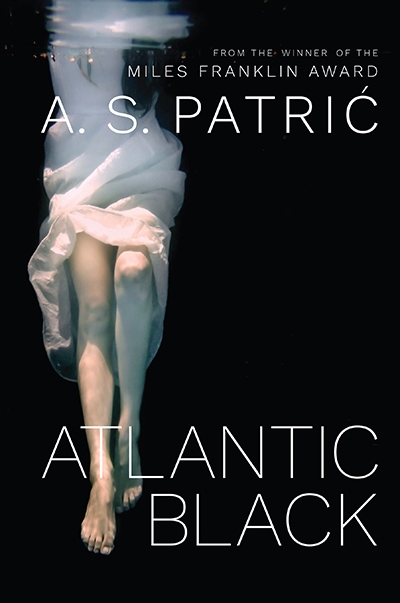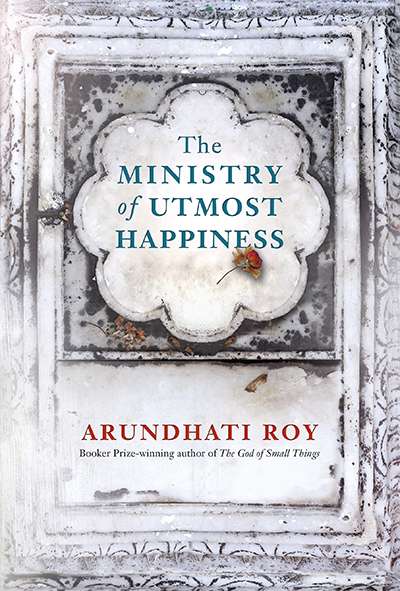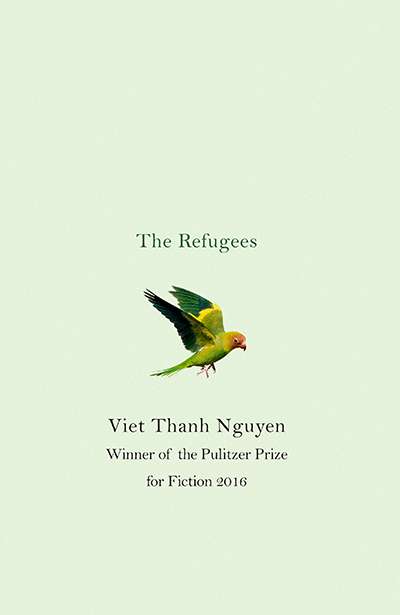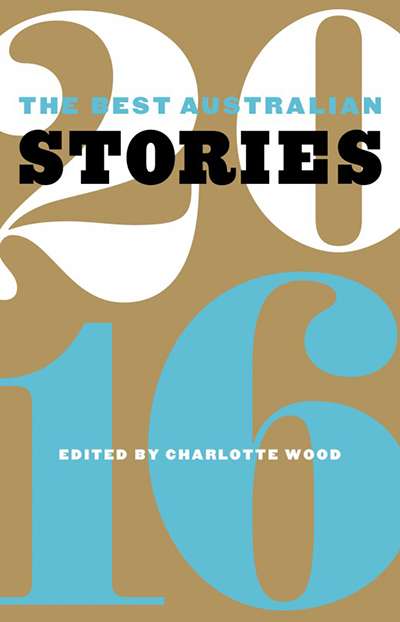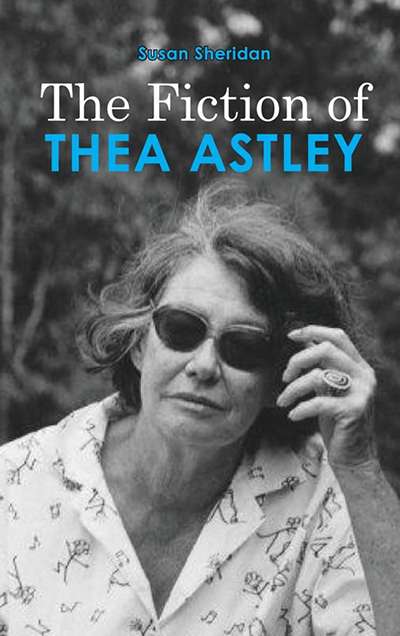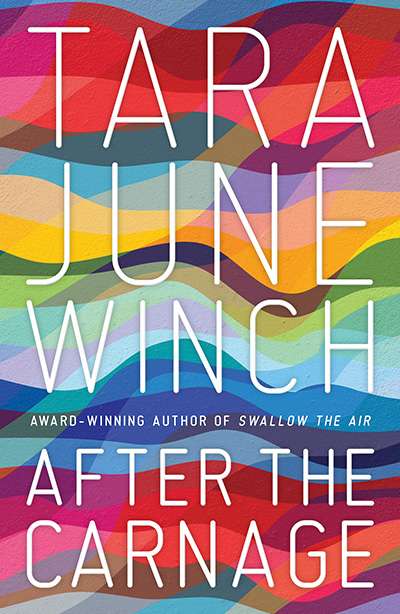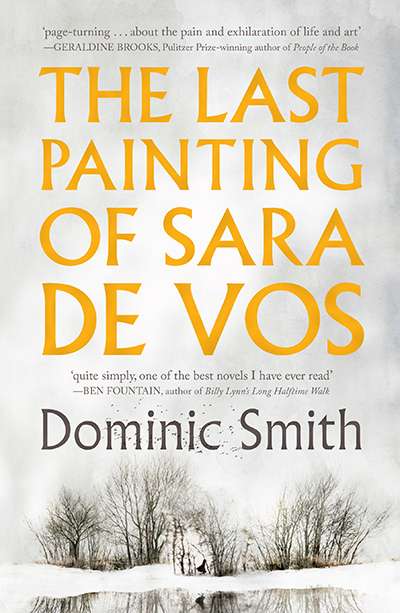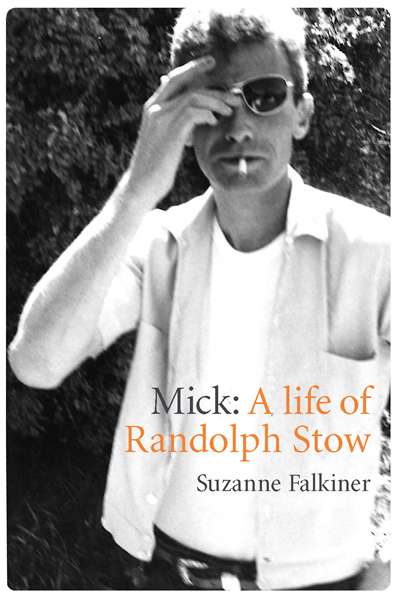Kerryn Goldsworthy

Kerryn Goldsworthy won the 2013 Pascall Prize for cultural criticism, and the 2017 Horne Prize for her essay ‘The Limit of the World’. A former Editor of ABR (1986–87), she is one of Australia’s most prolific and respected literary critics. Her publications include several anthologies, a critical study of Helen Garner, and her book Adelaide, which was shortlisted for a Victorian Premier’s Literary Award. In November 2012 she was named as the inaugural ABR Ian Potter Foundation Fellow. Her Fellowship article on reviewing, ‘Everyone’s a Critic’, appeared in the May 2013 issue of ABR.
Arundhati Roy’s first and only other novel was The God of Small Things (1997). It attracted an advance of half a million pounds; publishing rights were sold in twenty-one countries; and it won the 1997 Booker Prize, as it was then called. Since then it has sold six million copies and has been translated into forty languages. In the interval, Roy has been prolific in her non-fiction and fearless ... (read more)
In the age of e-readers, this is a book to own in hard copy, because it is very beautiful: a hardback with a dust jacket in the pale frosted blue-green of a Monarch butterfly chrysalis, with a small bright parrot front and centre, wings outspread, reminding the reader that the word ‘refugee’ has its roots in the Latin word for ‘flight’.
Professor Viet Thanh Nguyen teaches English and Amer ... (read more)
If a collection of stories is put together on the basis that these are the ‘best Australian stories of 2016’, is it fair or reasonable to hope for some kind of cohesiveness or gestalt beyond those three explicit parameters of quality, place, and time? The answer will depend largely on what the editor’s ideas might be, not only about what makes a good short story, but also about the way to ma ... (read more)
The record for the largest number of Miles Franklin Literary Awards ever won is jointly held by Tim Winton and Thea Astley, with four wins each. It may seem odd that with three of those already behind her, Astley should also have won the Patrick White Award in 1989 for ‘a writer who has been highly creative over a long period but has not necessarily received adequate recognition’. But, as Davi ... (read more)
On the day that Robert Dessaix first came face to face with his birth mother, he was already in his mid-forties. Adopted as a newborn baby in 1944 by a couple who loved and cared for him through his childhood and adolescence, he had grown up in Sydney, had invented his own imaginary land with its own language, had been married for twelve years, divorced, negotiated a reorientation of his sexuality ... (read more)
Tara June Winch's first and only other book to date, a series of linked stories called Swallow the Air, was written while she was pregnant with her daughter Lila and published in 2006 when she was not yet twenty-three. It was shortlisted in its category for the Queensland Premier's Literary Awards and for The Age Book of the Year, and it won the Victorian Premier's Literary Award for Indigenous Wr ... (read more)
Australian-born Dominic Smith grew up in Sydney but has spent most of his adult life in the United States; he currently lives in Austin, Texas, where he is claimed as a 'Texan writer'. Despite the fact that this is his fourth novel, the fact that his previous novel was shortlisted for two major Australian literary prizes, and the fact that he is clearly a major talent, his name is largely unfamili ... (read more)
When Richard Flanagan won the 2014 Man Booker Prize for his sixth novel, The Narrow Road to the Deep North, it was not the first time that he had won an international fiction prize; his third novel, Gould's Book of Fish (2001), won the Commonwealth Writers Prize in 2002. Nor was it the first time that one of his novels had caused deep division among readers and critics; the influential Austra ... (read more)
Late in 1998, the Times Literary Supplement, as was its wont, sent Randolph 'Mick' Stow a book for review. It was Xavier Herbert: A Biography (1998) by Francis de Groen, and Stow accepted the commission with enthusiasm. 'What a ghastly, embarrassing old pillock,' he wrote to his lifelong friend Bill Grono. 'Well, you'll soon read my opinion of him.' Stow's review tells a personal story of an encou ... (read more)

